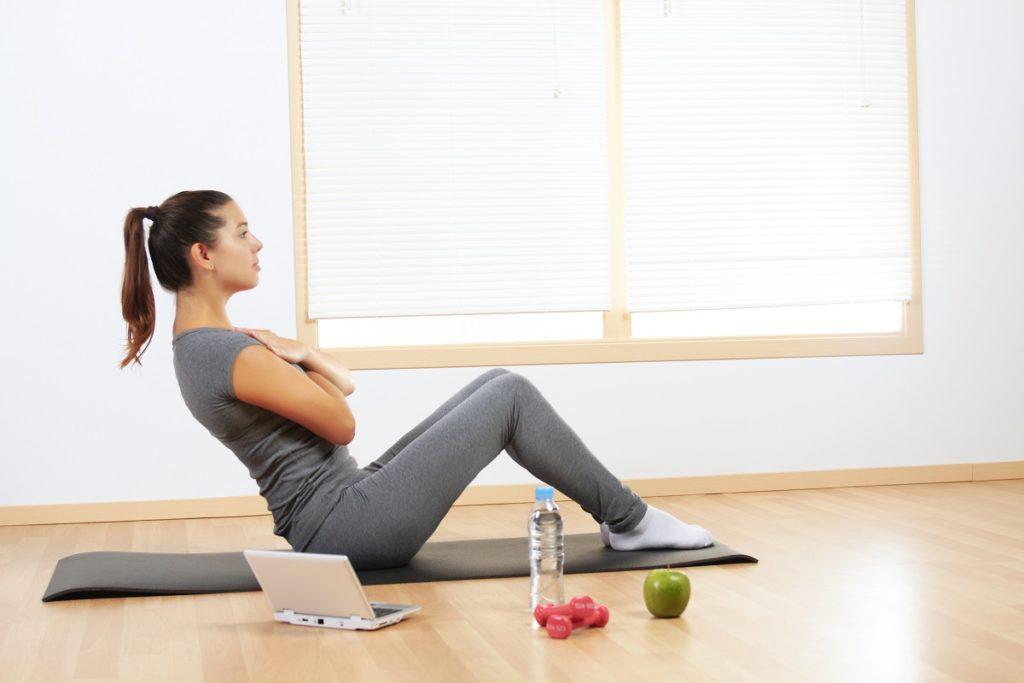The COVID-19 pandemic has taken a significant toll not only in economic aspects but also in people’s mental health. Although staying at home has given everyone a much-needed rest from the hustle of daily life, avoiding the outdoors for long periods has affected everyone negatively in different ways.
Loneliness and isolation are two of the biggest global issues concerning mental health. While introverts adapt to isolation and social distancing better than extroverts, these social individuals are having a hard time handling the situation. One reason is that introverts feel more energized by having time alone, while extroverts draw their energy from people and the outside world.
The worsening case of loneliness and isolation leads to the rise of self-care trends that encourage people to take care of their health and well-being. This trend is especially popular among remote workers who spend long hours in front of their computer screens. Their health concerns led them to seek wellness workers such as back pain experts to manage body pains and detect possible injuries.
If you think isolation and solitude have given you nothing but uncomfortable feelings, it’s time to make some changes in how you manage your life, especially if you’re living alone. With that in mind, here’s what you should know about the importance of solitude and ways to embrace it.
The social stigma of solitude
Our society has frowned upon the idea of solitude by equating it to loneliness. But solitude and loneliness are two different things. We can surround ourselves with our family and friends but still feel lonely, and one can enjoy being alone without feeling sad and depressed.
Those people who love spending time alone often get asked a lot of questions like, “Are you okay?” “Why do you like spending time alone?” “Do you ever get lonely?” There’s also the social pressure coming from relatives and friends telling you to go out often, settle down, and take part in any group to avoid living a solitary life.
Unfortunately, people have a hard time believing that any healthy and well-functioning individual can choose to spend time alone. People choose to live in solitude because of various reasons, such as illness, aging, or death of a loved one. In these situations, solitude becomes a form of self-care by helping them cope and evaluate their life choices.
The importance of solitude
Solitude and loneliness are two different things. While loneliness is something imposed by others or life situations, solitude emphasizes the quality of being alone without feeling lonely. In fact, experts may agree that devoting time to solitude is actually beneficial and results in self-awareness.

In reality, solitude is one of the best gifts you’ll ever give to yourself. Aside from learning how to cope with being alone, you learn to be confident and self-reliant. A study about the benefits of being alone reveals that solitude has plenty of health and psychological benefits.
Increased self-confidence is one of the basic benefits of solitude. Without the guidance of family and peers, a person who grew comfortable with solitude can make decisions on their own. Although they may end up making wrong decisions, they eventually learn through these mistakes. As a result, they learn to trust themselves and know what they really want in life.
People tend to be fearful when solving problems on their own, but solitude can help us overcome that fear by allowing us to learn from these mistakes and fix them without relying on anyone else.
In the process, people in solitude become more self-reliant by learning how to soothe and encourage themselves to be stronger during adverse situations.
How to embrace solitude
There are plenty of ways to embrace time alone and enjoy solitude. But with the pandemic going on, you probably looking for ways to enjoy being alone while staying safe.
Going on a solo adventure is likely one of the most rewarding ways to relish your own company. Before doing this, consider getting your COVID-19 vaccine and look for places with lesser crowds. This way, you get to appreciate nature with no distractions.
If you refuse to leave the house, this is a perfect time to start that long overdue DIY project or house repairs. Working on these projects is not only fun and productive but it also benefits your mental health. Otherwise, if you lack skills in the DIY department, you can simply utilize alone time by soaking in a warm, relaxing bath or take part in online meditation exercises.
The biggest mental issues today often start in negative thinking patterns, especially if you’re drowning in loneliness or spending too much time in isolation. To make up for all the internal conflict, allow yourself to get involved in things to keep you distracted and more functional. Keep in mind that embracing solitude doesn’t mean spending more time in isolation, but it’s all about loving yourself regardless of the circumstances.

